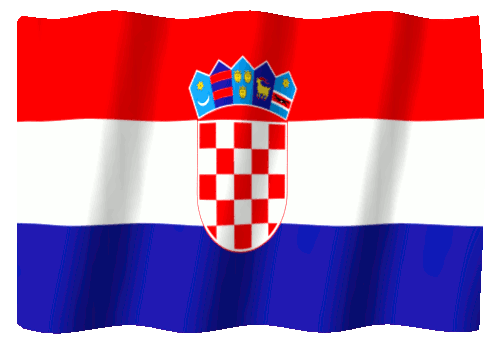- Croatia is proposing amendments to its VAT Act:
- The proposed amendments aim to simplify VAT compliance and align Croatian law with EU directives.
- One of the key changes is the introduction of a special VAT scheme for small enterprises, transposing the EU Directive 2020/285.
- This scheme simplifies VAT registration and reporting, reducing administrative burdens on small businesses.
- It also aligns eligibility criteria, including the annual turnover threshold, with EU provisions.
- The mandatory VAT registration threshold will be increased from €40,000 to €50,000 in annual turnover. This will further reduce the burden on smaller businesses.
- The amendments will also clarify the place of supply for internet services provided to non-taxable persons (end consumers).
- This ensures VAT is applied in the consumer’s jurisdiction, improving compliance for businesses offering digital services.
- Other key changes include:
- Abolition of the reciprocity requirement for VAT refunds, allowing non-EU businesses to claim refunds under the same terms as EU businesses. This facilitates cross-border trade.
- Allowing businesses to deduct input VAT based on decisions by the Croatian Tax Administration, streamlining VAT recovery procedures and improving cash flow.
- The proposed amendments were open for public consultation until 24 October 2024.
- The final version of the bill will incorporate feedback from the consultation and be submitted for parliamentary approval.
- The European Court of Justice (ECJ) recently ruled on a case (C-171/23 UP CAFFE) involving Croatia’s VAT exemption for small businesses:
- The ECJ ruled that forming a new company to retain the VAT exemption for small enterprises, after a previous company conducted the same activity, is considered abusive.
- The ECJ’s special scheme for small enterprises offers administrative simplifications.
- The scheme aims to support the creation, activities, and competitiveness of small businesses.
- It balances the administrative costs of fiscal supervision with the small tax amounts involved.
- The ECJ is currently considering another case (C-639/24 FLO VENEER) involving the VAT exemption on intra-Community supplies of goods:
- This case centres around the evidence requirements for the VAT exemption, as outlined in Article 45a of Implementing Regulation No 282/2011.
- The case specifically asks whether a supplier should be denied the exemption if they fail to provide the required evidence, even if they can prove the goods were physically transported between Member States.
- The referring court notes that while there may be formal defects in the evidence presented, the actual transportation of goods may not be in doubt.
- The court refers to EU case law emphasizing that substantive conditions should prevail over formal requirements unless non-compliance prevents conclusive evidence.
Latest Posts in "Croatia"
- Notice: Temporary Issue with Submission of VAT Forms Due to Restrictive Message on Item III.14
- Strong Uptake of Fiscalization 2.0: Over 2.5 Million eInvoices Issued in First Two Weeks
- Croatia Launches Peppol-Based E-Invoicing and E-Reporting Mandate from January 2026
- Tax authorities issued FAQ’s on E-Invoicing
- Fiskalizacija 2.0: Key Data and Achievements in e-Invoice Implementation, January–February 2026















